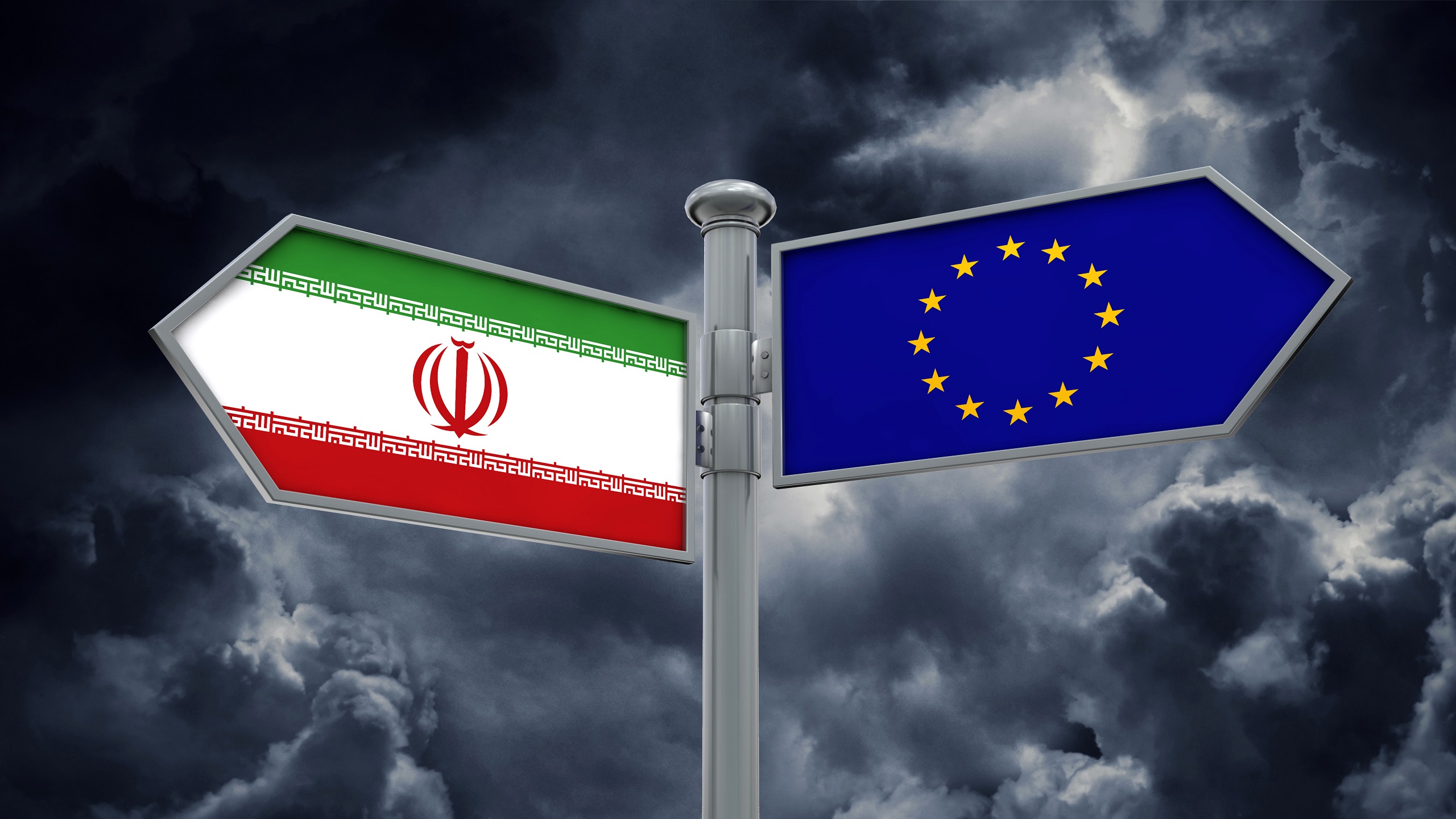Iran-EU Dialogue Warms Despite Fallout From June Strikes
Iranian President Masoud Pezeshkian warned this week that continued cooperation with the International Atomic Energy Agency hinges on what he called a shift in the UN nuclear watchdog’s “double-standard behaviors” toward Iran. His comments came during a phone call with European Council President Antonio Costa on Wednesday night, according to a statement released by his office.
Referring to a new Iranian law passed in late June, Pezeshkian said Tehran’s decision to scale back IAEA cooperation stems from what he described as biased conduct by IAEA Director General Rafael Grossi. “The agency has failed to observe the principle of impartiality,” Pezeshkian said, accusing it of ignoring attacks on Iranian nuclear sites.
Give the gift of hope
We practice what we preach:
accurate, fearless journalism. But we can't do it alone.
- On the ground in Gaza, Syria, Israel, Egypt, Pakistan, and more
- Our program trained more than 100 journalists
- Calling out fake news and reporting real facts
- On the ground in Gaza, Syria, Israel, Egypt, Pakistan, and more
- Our program trained more than 100 journalists
- Calling out fake news and reporting real facts
Join us.
Support The Media Line. Save democracy.


While reaffirming Iran’s commitment to diplomacy and international law, Pezeshkian warned that any further aggression “will receive a more decisive and regret-inducing response.” He also expressed interest in resolving disputes with the European Union through “constructive” dialogue and mutual respect.
Costa responded by expressing the EU’s readiness to engage diplomatically with Iran. He said the EU shared Pezeshkian’s view that international organizations must apply rules consistently and voiced respect for Iran’s history and culture.
Iran’s decision to limit cooperation with the IAEA follows a turbulent month of conflict. On June 13, Israel launched airstrikes on Iranian nuclear and military sites, killing senior officials and scientists. Iran retaliated with drone and missile strikes. On June 22, US forces bombed three Iranian nuclear facilities, prompting Tehran to strike the Al Udeid Air Base in Qatar. A ceasefire between Iran and Israel was reached on June 24.

